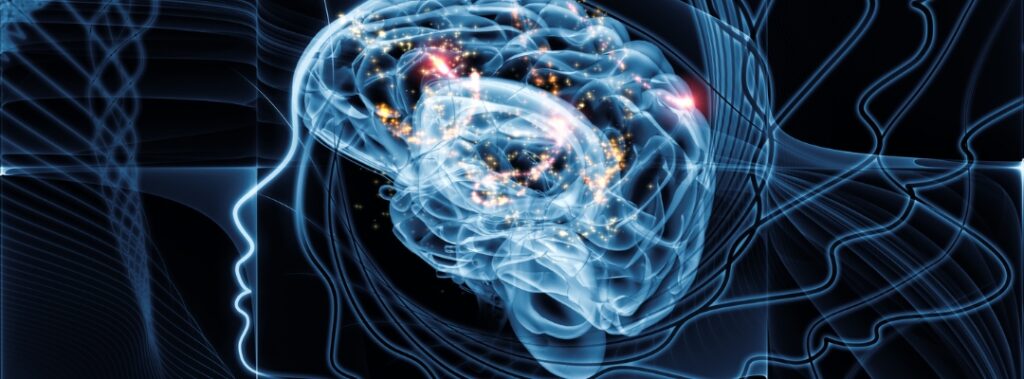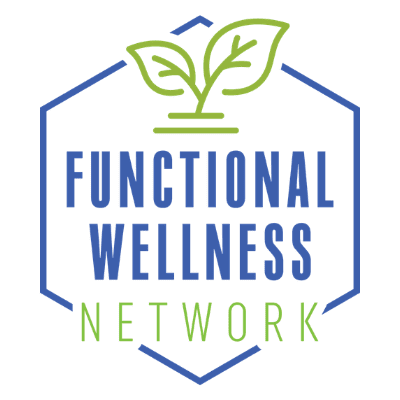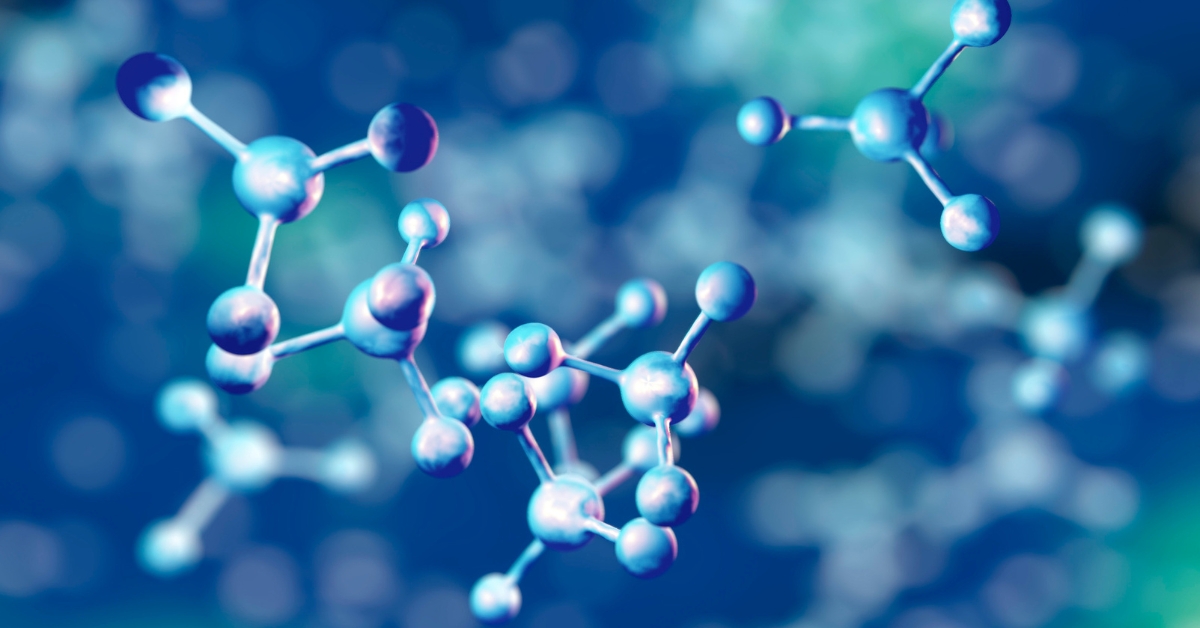—
In this article, I want to talk about how the gut-brain axis and how it maintains homeostasis in the winter months. This will help with staying mentally healthy as well during this rough season.
—
The gut-brain axis system regulates many aspects of our bodies, including satiety levels and food intake; it also affects glucose metabolism, insulin production/sensitivity, and emotional responses when something happens at your viscera (such as physical stressors). A disturbance within these systems can lead to poor dietary choices and, ultimately, an altering mood or hostility.
—
This complex bidirectional system communicates between the gut and the brain through the vagus nerve. It is responsible for the maintenance of mental health along with gut health, depending on the food we choose to put in our bodies.
—

—
5 Key Molecules to heal the gut-Mind connection
—
Tryptophan
—
Tryptophan is an essential amino acid that serves several important purposes, like nitrogen balance in adults and growth in infants. It’s also used to produce niacin, which is essential in creating the neurotransmitter serotonin (90% of which is produced in the gut) The effect of serotonin on mood has been investigated using an acute tryptophan depletion technique where lowering dietary tryptophan levels causes a lowering of brain serotonin levels, allowing analysis of serotonin-dependent behaviour.
—
Evidence shows tryptophan is directly related to mood, anxiety, and cognitive function. With age, investigators report that a diet lacking in the essential amino acid tryptophan—which has a key role in our mood, energy level, and immune response—makes the gut microbiome less protective and increases inflammation body-wide.
—
My Rx for this is: Humane pasture-raised eggs, spirulina, wild-caught salmon, beans, legumes, cage-free and organic chicken and turkey, and sesame seeds.
—
Omega 3S
—
The human body can make most of the types of fats it needs from other fats or raw materials. That isn’t the case for omega-3 fatty acids (also called omega-3 fats and n-3 fats). These are essential fats—the body can’t make them from scratch, but must get them from food. Foods high in Omega-3 include fish, oils, nuts (especially walnuts), flax seeds, flaxseed oil, and leafy vegetables.
—
Omega-3 fats are a key family of polyunsaturated fats. There are three main omega-3s: Eicosapentaenoic acid (EPA) and docosahexaenoic acid (DHA) come mainly from fish, sometimes called marine omega-3s. Alpha-linolenic acid (ALA), the most
common omega-3 fatty acid in most Western diets is found in vegetable oils and nuts (especially walnuts), flax seeds and flaxseed oil, leafy vegetables, and some animal fat, especially in grass-fed animals.
—
A study published in Nature Science Journal found that omega-3 fatty acids increase the diversity of healthy gut bacteria, which means good things for your gut and overall health. A lack of diversity in gut bacteria has been linked to stomach problems like IBS and even colon cancer.
—
My Rx for this: Humane pasture-raised eggs, avocados, wild sardines, chia seeds, flax seed oil, pumpkin seeds, spinach, codfish, and wild-caught salmon.
—
Carotenoids
—
Carotenoids are a class of more than 600 naturally occurring pigments synthesised by plants, algae, and photosynthetic bacteria. These richly colored molecules are the sources of the yellow, orange, and red colours of many plants. A recent study in the Journal of Applied and Natural Science Foundation showed that the impact of carotenoids on improving the diversity of healthy gut bacteria is huge. Hence, it can prevent many chronic illnesses.
—
My Rx for this: Carrots, Pumpkin, Squash, Plantains, Papaya, Cantaloupe, Grapefruit, Watermelon, and Tomatoes.
—
L- Glutamine L-glutamine
—
Glutamine is the body’s most abundant amino acid (building block of protein).
—
The body can make enough glutamine for its regular needs. But during times of extreme stress (the kind you experience after heavy exercise or an injury or day-to-day), your body needs more glutamine than it can make. Your intestinal lining uses L-glutamine as fuel to create a strong surface for digestion and absorption.
—
Supplementing with L-glutamine is the most effective treatment to heal the gut lining for those suffering from leaky gut, malabsorption, or inflammatory bowel disease (IBS, Crohn’s, Ulcerative colitis).
—
My Rx for this: Pasture-raised humane eggs, cruciferous veggies, collard greens, okra, Swiss chards, nuts and seeds, and organic grass-fed beef.
—
Vit D, now the most infamous Vitamin in the world
—
Vitamin D is a group of fat-soluble vitamins responsible for increasing intestinal absorption of calcium, magnesium, phosphate, and many other biological effects. It is the most important cofactor in Calcium absorption. Vitamin D supplementation- increased the overall diversity of the gut microbiota, increased the relative abundance of Bacteroidetes, and decreased the relative abundance of Firmicutes.
—
My Rx for this: Sunbathing in the morning before 12 (noon) and after 4 pm is better for skin health. Only 20 minutes a day is enough for VitD Eggs, organic raw dairy, mushrooms, caviar, tuna, cod liver oil.
—
Your gut is the gateway to great mental health; you are just one decision away from it every meal.
—
Your Gut Health Guru
www.yourgutdr.com
—
Dr. Mansi Shah
Functional Wellness Network
www.functionalwellnessnetwork.com
—




